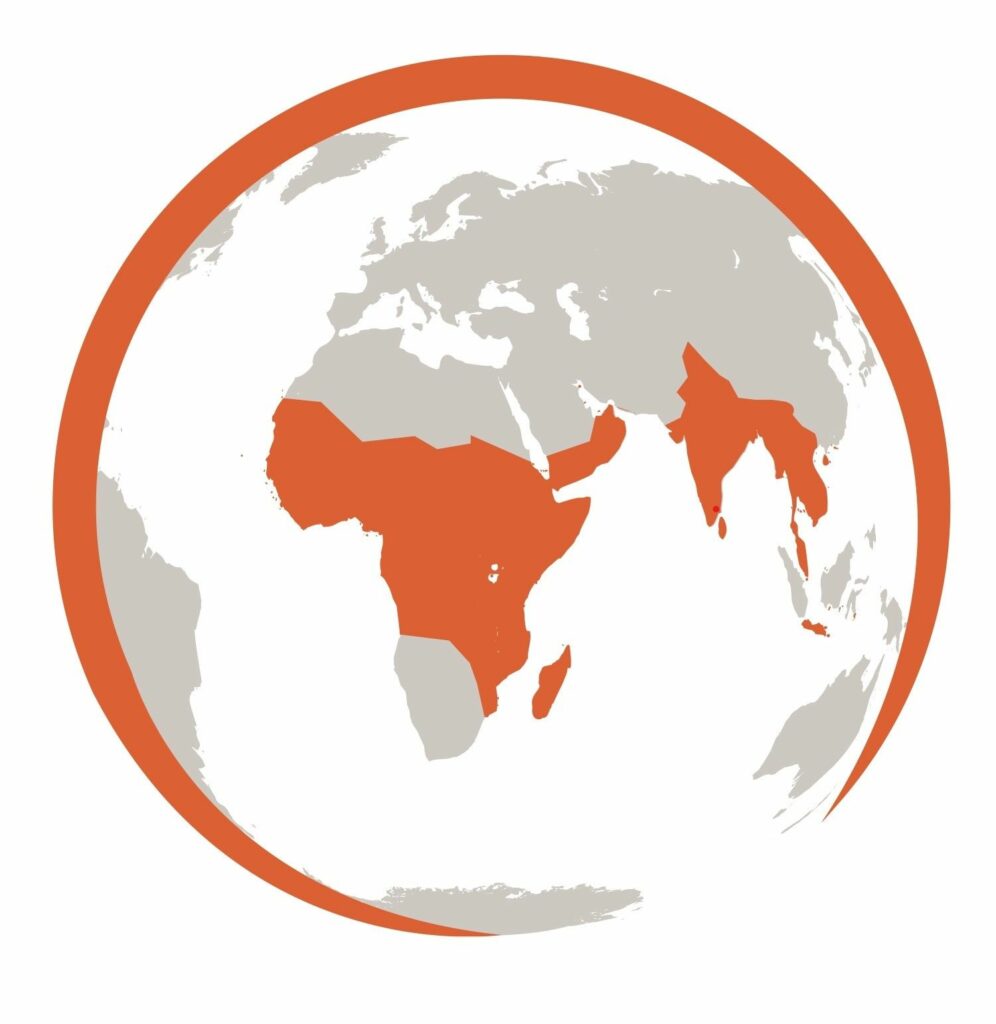Funders
USAID / U.S. President Malaria Initiative / UK Department for International Development / Global Fund
Location
Uganda
Dates
2012-2014

In Uganda, malaria transmission is intense and perennial in more than 95% of the country. The World Health Organization specifies long-lasting insecticide treated nets (LLINs) as a tool to reduce prevalence and transmission, and currently targets malaria elimination, not merely control. A LLIN Universal Coverage Campaign (UCC), funded by the Global Fund to Fight AIDS, Tuberculosis and Malaria, the USAID / U.S. President’s Malaria Initiative and the UK Department of International Development, was implemented in Uganda from 2012-2014.
Tropical Health was commissioned by USAID, through the QED group and on behalf of all donors, to conduct an Impact Evaluation of the campaign.
The purpose of the evaluation was to provide Government of Uganda and development partners with answers to critical questions about the overall performance and impact of the UCC in Uganda in order to improve future distributions. Tropical Health compared outcome and impact measures, outputs and costs against expected values using a mix of quantitative and qualitative methods. Quantitative data analysis involved five secondary data sources. Qualitative methods included field visits to four districts in Uganda where interviews with key informants and community beneficiaries were held to gather respondents’ perceptions of the campaign registration and distribution process, verify which communication channels were used during the campaign, and discover whether the messages were effective.
Tropical Health delivered a comprehensive report analysing the quality of the campaign data, quality and targeting of the campaign, effects on malaria morbidity, parasite prevalence and anemia, costs and cost effectiveness, and included a set of five actionable recommendations, and separately provided a policy brief and a presentation.
Tropical Health found that the campaign was very successful in reaching very high and equitable LLIN ownership levels, with 82% of the population having access to an LLIN within their household. Use of the nets was equally high, with 84% of those who could use actually doing so. Tropical Health estimated that the campaign contributed to an impressive decline of malaria incidence in Uganda of 22-25% since 2007. In terms of efficiency, Tropical Health found that the registration process overestimated the true population by approximately four million. Improving the registration process in the future and using a continuous distribution approach for Kampala could lead to savings of up to USD18 million, Tropical Health concluded.
Global Fund / Nigeria National Malaria Elimination Programme
Nigeria
2023 - 2024
Belgian Cooperation/ Light for the World
Democratic Republic of Congo, Rwanda, Tanzania
2021-2022
UK Aid and People’s Postcode Lottery / Sightsavers
Malawi, Uganda
2023 - 2024